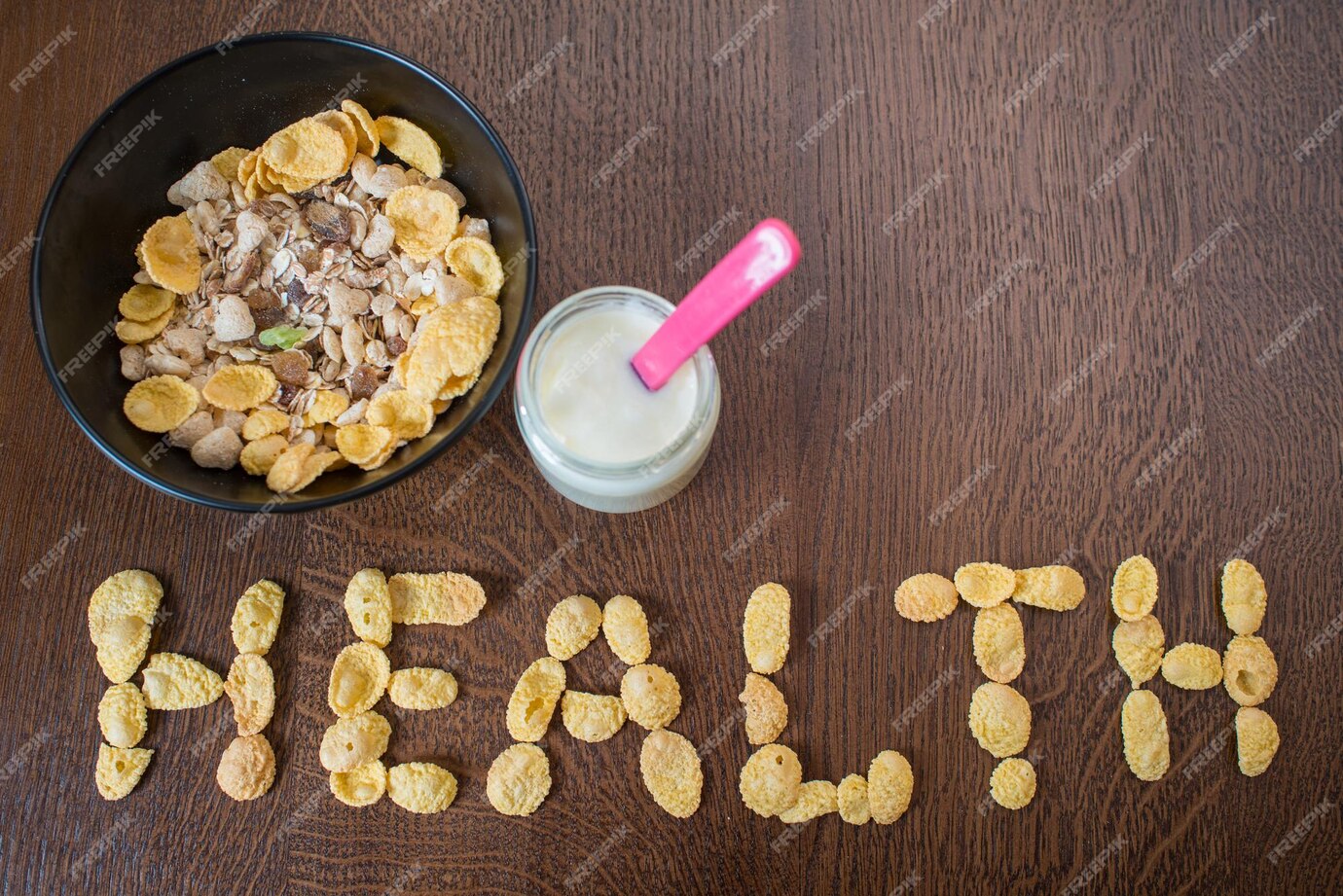Oat-based foods like Cheerios and Quaker Oats are often hailed as healthy breakfast staples. However, recent studies have raised concerns about a chemical found in these popular products that may be linked to potential health issues.
What Is the Chemical Found in Cheerios, Quaker Oats, and Other Oat-Based Foods?
The chemical in question is glyphosate, an herbicide commonly used in agriculture to control weeds. Glyphosate is the active ingredient in products like Roundup and has been detected in various oat-based foods during laboratory tests.
| Product | Glyphosate Levels Detected | Risk Assessment |
|---|---|---|
| Cheerios | High | Potential health concerns |
| Quaker Oats | Moderate to high | Requires careful consideration |
| Other oat-based cereals | Varies | Depends on brand and farming practices |
Why Is Glyphosate in These Foods?
- Agricultural Use: Farmers often spray glyphosate on crops like oats just before harvest to dry them out, a process known as desiccation.
- Residue in Food: This practice can leave residues of glyphosate in the final food products consumed by the public.
Health Risks Linked to Glyphosate
The presence of glyphosate in oat-based foods has sparked debates about its potential health implications. Although regulatory bodies like the Environmental Protection Agency (EPA) maintain that glyphosate levels in food are within safety limits, some studies suggest otherwise.
Potential Health Issues
- Cancer Risk:
- Long-term exposure has been linked to certain types of cancer, including non-Hodgkin’s lymphoma.
- Hormonal Disruption:
- Glyphosate may act as an endocrine disruptor, interfering with hormonal balance.
- Impact on Gut Health:
- Research indicates that glyphosate could harm beneficial gut bacteria, leading to digestive issues and weakened immunity.
- Reproductive and Developmental Concerns:
- Animal studies have highlighted potential risks to reproductive health and fetal development.
Study Findings on Glyphosate in Oat-Based Foods
Several independent organizations have tested oat-based products for glyphosate contamination.
| Organization | Findings |
|---|---|
| Environmental Working Group (EWG) | Detected glyphosate in 43 out of 45 oat-based products tested, often exceeding EWG’s safety benchmark. |
| FDA | Found trace amounts of glyphosate in a variety of oat-based products but deemed them safe under current guidelines. |
| Non-Governmental Researchers | Highlighted the potential long-term health risks of chronic glyphosate exposure. |
Consumer Concerns and Actions
How to Minimize Exposure
- Choose Organic Products:
- Organic oats are grown without synthetic herbicides, reducing the risk of glyphosate contamination.
- Diversify Your Diet:
- Incorporate a variety of grains like quinoa, buckwheat, and millet to lower dependence on oats.
- Check Product Labels:
- Some brands explicitly label their products as glyphosate-free.
Brands Taking Action
Certain brands have committed to reducing or eliminating glyphosate in their products:
- Nature’s Path: Certified organic and glyphosate-free products.
- Kashi: Offers organic options tested for glyphosate residues.
Regulatory Perspective on Glyphosate in Food
Regulatory agencies like the EPA and the European Food Safety Authority (EFSA) maintain that glyphosate levels in food are within acceptable safety limits. However, critics argue that these limits do not adequately account for long-term exposure and cumulative effects.
| Agency | Position on Glyphosate |
|---|---|
| EPA | Considers glyphosate levels in food as safe. |
| IARC | Classified glyphosate as a probable human carcinogen. |
| EWG | Advocates for stricter limits on glyphosate in food. |
Implications for Consumers
The discovery of glyphosate in Cheerios, Quaker Oats, and other oat-based foods has left many consumers questioning the safety of their breakfast choices. While the chemical’s levels in food are often below regulatory thresholds, the potential health risks highlighted by independent studies suggest caution.
Key Takeaways: Chemical Found in Cheerios Quaker Oats Other Oat-Based Foods Linked to Potential Health Issues Study
- Be Informed: Awareness of glyphosate’s presence in oat-based foods empowers consumers to make better choices.
- Advocate for Change: Support brands that prioritize glyphosate-free products and advocate for stricter regulations.
- Balance Your Diet: Reducing reliance on heavily processed oat products can diversify your nutritional intake and minimize risks.
Conclusion
The chemical found in Cheerios, Quaker Oats, and other oat-based foods—glyphosate—has sparked significant concerns about its potential health risks. While the science is still evolving, consumers can take proactive steps to minimize exposure by choosing organic options, diversifying their diets, and supporting brands committed to reducing herbicide use.
Call to Action
Stay informed about the food you eat. Check product labels, explore organic options, and share this knowledge to help others make healthier choices. Your small steps can lead to big changes in food safety standards and health awareness!

